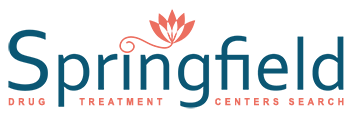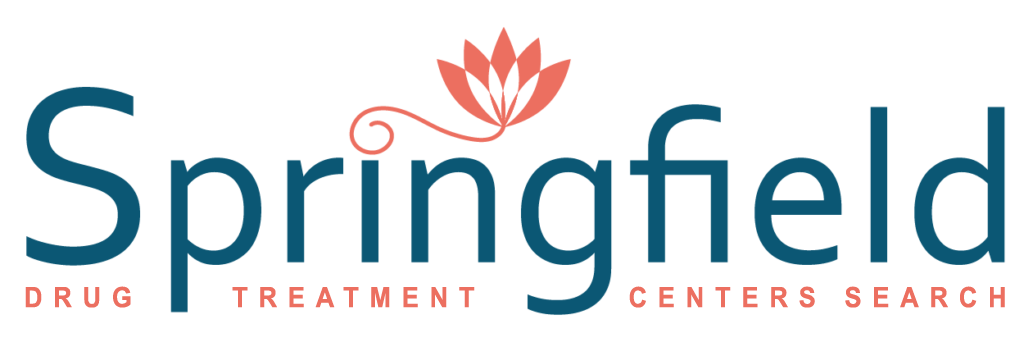Medical Detox in Springfield, MO
Medical detox is the process of drug or alcohol withdrawal in a medically supervised setting, including the administration of medications to reduce and manage withdrawal symptoms. Medical detox is typically carried out at the beginning of the addiction treatment process, where it is followed by rehab and aftercare support regimes. While medication is not always needed to enable drug discontinuation, it is often used to help reduce the severity of dangerous withdrawal symptoms. Drugs that may require medical detox include alcohol, heroin, morphine, codeine, oxycodone, Valium, Xanax, Klonopin and many other central nervous system (CNS) depressants.
The Medical Detox Process
According to the United States Department of Health and Human Services, detox should be carried out in a series of three progressive stages. The first stage involves physical and psychological tests prior to medication, with this step known as the evaluation phase. Detailed tests are needed during detox to examine for currently circulating drugs, secondary drug problems, and existing mental health disorders. The second stage of detox involves stabilizing the patient, often with the use of medications. While natural detox regimes are available, medical intervention is often advised to reduce the risk of complications. For example, alcoholics and Valium addicts can experience severe delirium tremens during the withdrawal process if they don’t have proper medical support.
The third and final stage of medical detox is known as consultation, with therapists guiding patients into additional treatment streams that address the psychological undercurrents of drug addiction. Family members can sometimes play a role during this stage of treatment. While medical detox is a great way to support immediate abstinence, it does very little to address the emotional and environmental precursors of drug addiction. Extended outpatient and residential rehab programs are always recommended after detox, followed by12-step support groups and other aftercare programs.
Alcohol Withdrawal and Detox
Springfield Drug Treatment Centers knows that alcohol dependence syndrome is a serious medical condition that requires extensive drug treatment. Medical detox is often used to treat people with physical alcohol addictions, many of whom face extensive withdrawal symptoms when they stop drinking. The alcohol withdrawal syndrome begins just a few hours after the last drink, including symptoms such as nausea, vomiting and headaches. These symptoms will typically progress over a period of a few days, with severe cases likely to include seizures, hallucinations, and delirium tremens. Medications are used throughout this period to alleviate symptoms and promote abstinence, including the benzodiazepine medications Serax and Librium.
Heroin Withdrawal and Detox
Heroin is a potent CNS depressant that is known to produce a severe withdrawal syndrome, including effects such as nausea, vomiting, abdominal cramps, involuntary body movements, sweating, and insomnia. Medical detox is often administered to heroin addicts to help them stop using, with methadone and buprenorphine often prescribed as an alternative to heroin. While “cold turkey” and natural detox programs can be successful in some situations, they can be very dangerous and are not advised. Medical detox programs should always be followed by rehab and aftercare, including cognitive, motivational, and behavioral programs that address the psychological precedents of drug addiction. Springfield Drug Treatment Centers can and will connect you with the right program to help you. Just give us a call at (217) 318-3600 today.

